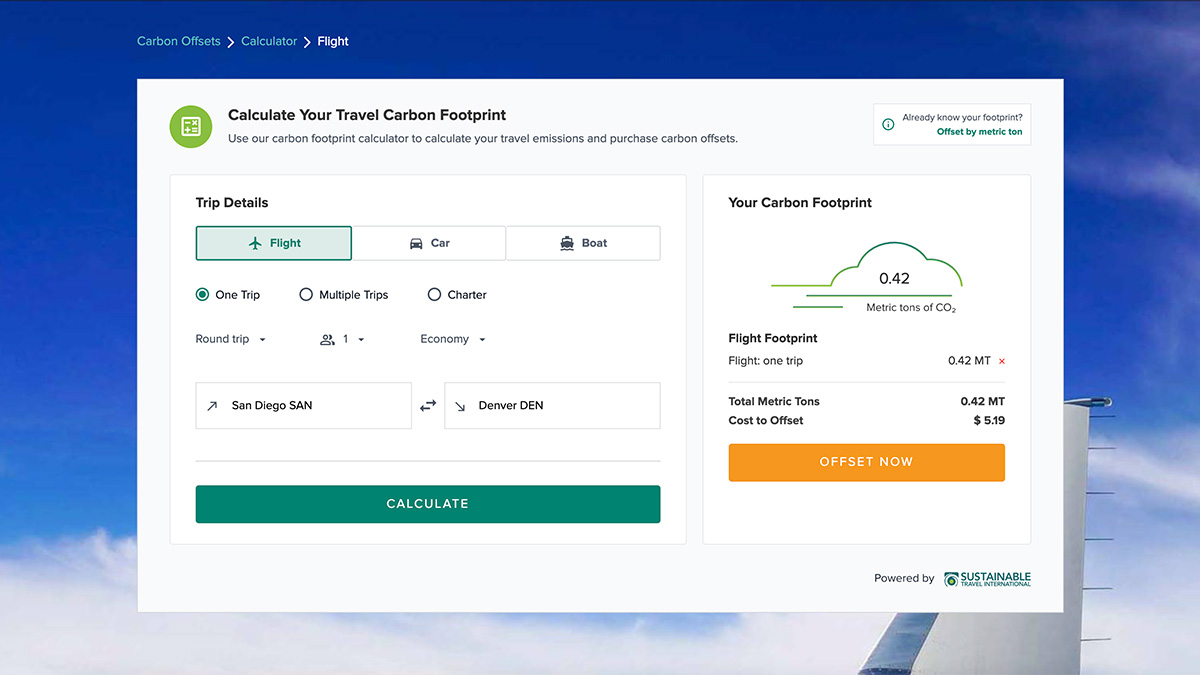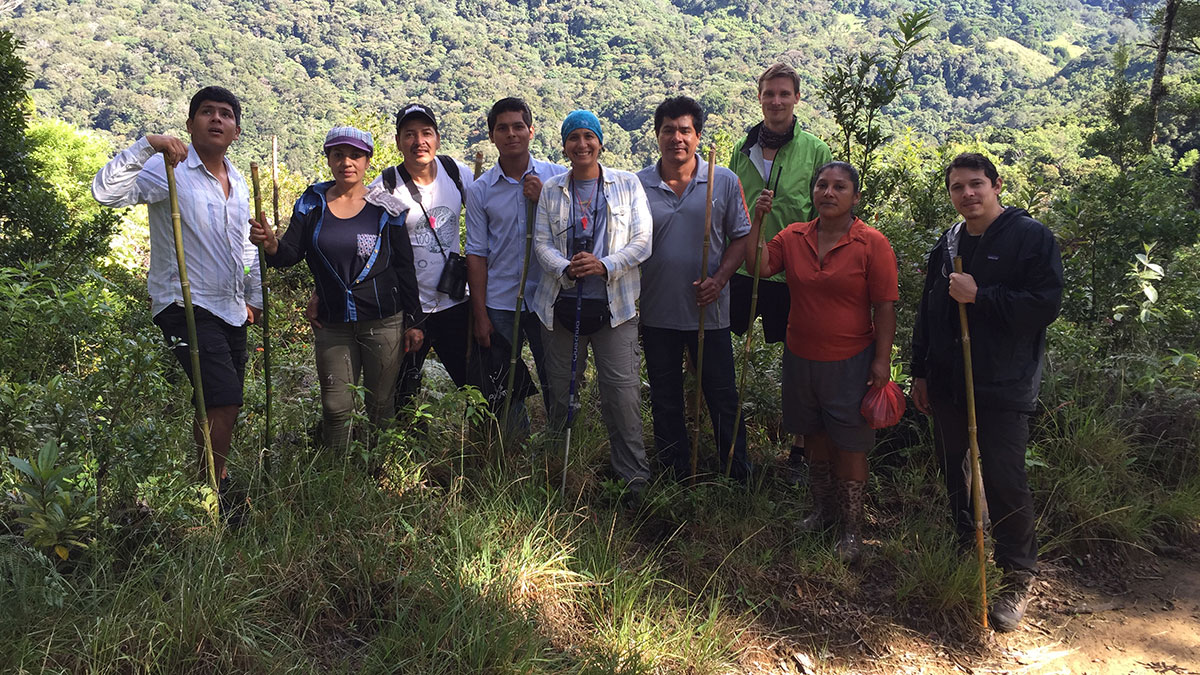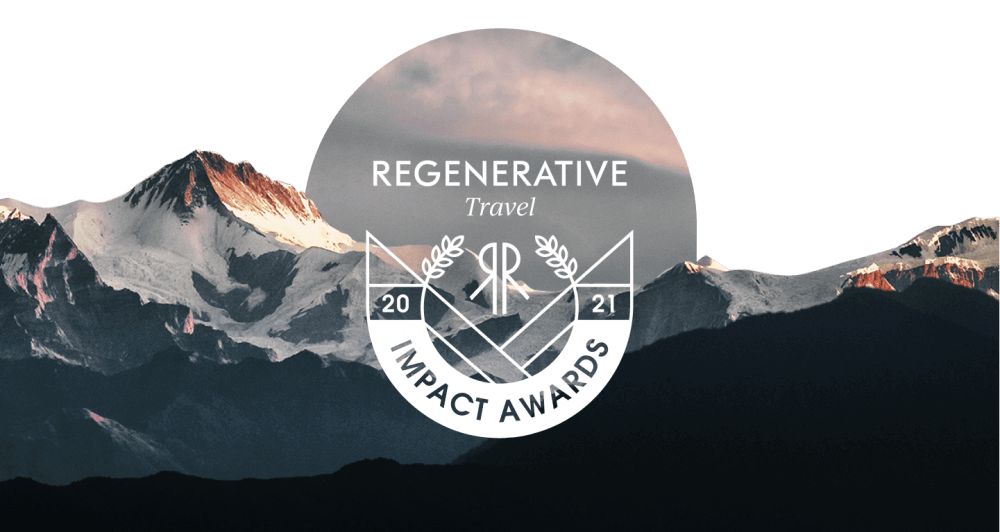
FORT COLLINS, CO (April 22, 2022) – Earlier this month, the Intergovernmental Panel on Climate Change (IPCC) issued its latest report with the following blunt assessment: “We are at a crossroads. The decisions we make now can secure a liveable future. We have the tools and know-how required to limit...
Seattle, WA (April 13, 2022) – Today, Sustainable Travel International released an embeddable carbon footprint calculator for calculating and offsetting travel emissions. Now, any company can power carbon offsetting directly from their own website. This new technology expands upon Sustainable Travel International’s suite of business climate solutions, providing a free...

Seattle, WA (March 24, 2022) – Today, Sustainable Travel International launched a new online carbon footprint calculator that promotes climate-friendly travel by enabling users to measure and offset their travel emissions. This new tool is designed specifically for travel activities including commercial and charter flights, vehicles, cruises, liveaboards, and yachts....

The documentary series will investigate how the tourism industry is coming together to rebuild a more sustainable future and protect the destinations and communities at the heart of travel. SEATTLE, WA (January 25, 2022) – Today, Sustainable Travel International announced ‘Sustainable Travel: Where Next?’ an immersive documentary series that investigates...

Panama City, Panama (21 October 2021) – Sustainable Travel International announced today they are joining the Panama Alliance for Community Tourism (PACT). This initiative focuses on building community tourism experiences that strengthen resident well-being and resilience, while contributing to the regeneration and celebration of the country’s natural and cultural resources....

With the help of a group of esteemed judges, Regenerative Travel’s newest initiative will shine a light on projects and people driving change in the industry. Sustainable Travel International is proud to announce that our CEO, Paloma Zapata, has been selected as one of the judges for the upcoming Regenerative...